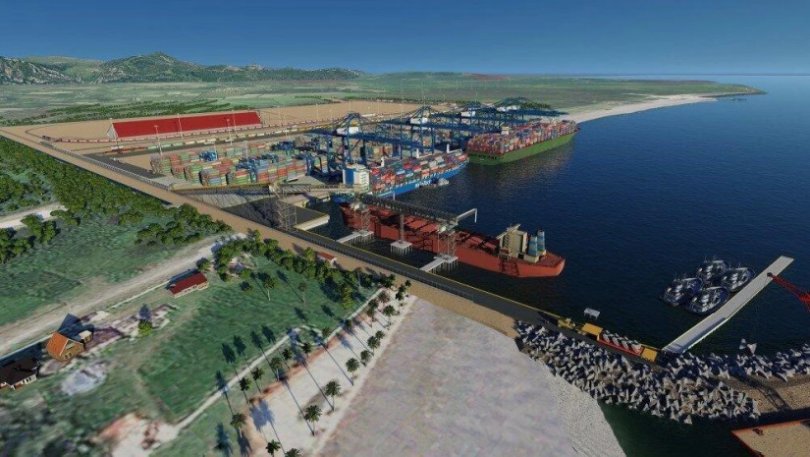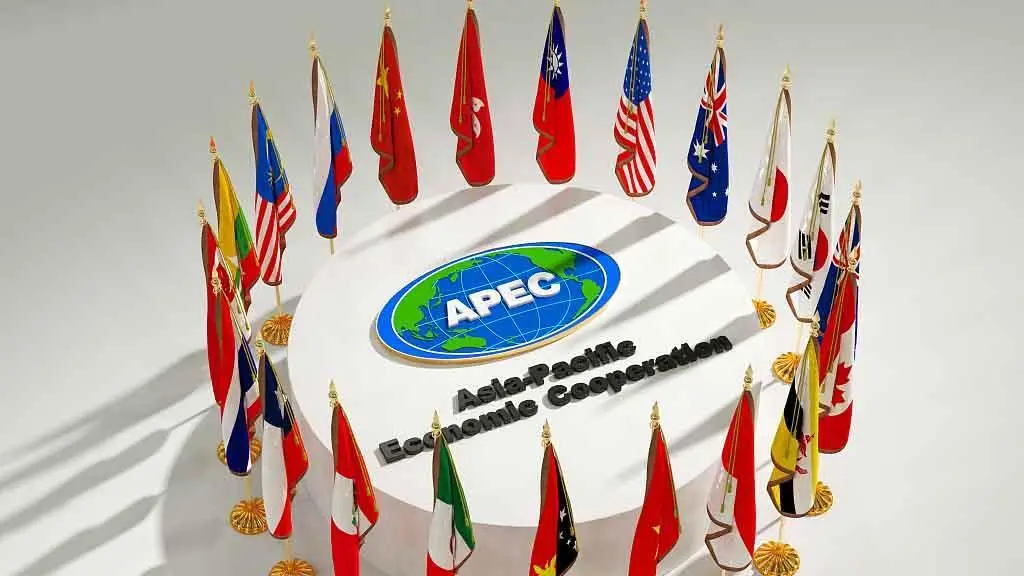As geopolitical tensions between major powers continue to reshape the South Caucasus, Georgia finds itself at a critical crossroads. The delay of the Anaklia Deepwater Port project, China’s growing investment footprint, and efforts to reset relations with the United States under President Donald Trump have created a delicate balancing act for Tbilisi.
To better understand the causes and implications of these trends, News.Az spoke with Yunis Sharifli, an expert at the Caucasian Center for International Relations and Strategic Studies.
– Why are negotiations on the Anaklia Deepwater Port project delayed?
***
Source: Georgiatoday
– The delay is primarily due to the complex financial and political risks built into the deal with the Chinese-led consortium, China Communications Construction Company Limited (CCCC) and China Harbor Investment. The consortium’s financing model reportedly requires sovereign guarantees that could put Georgia’s national assets, such as land or reserves, at risk as collateral if the project fails to generate sufficient revenue.
These features are common in Chinese infrastructure financing, but they carry the real danger of debt-trap dynamics, which the Georgian side is attempting to renegotiate before signing.
At the same time, Anaklia’s geopolitical location adds another layer of complexity. It is only 30 kilometers from Russia’s new naval base in occupied Abkhazia, meaning the port sits between a Chinese economic project and a Russian military foothold. Georgia is trying to move forward by funding early construction with its own resources, but talks have slowed because the government must strike a balance between attracting investment and protecting sovereignty.
– The Georgian authorities are trying to establish contact with U.S. President Donald Trump in order to reset Georgian-American relations. In your opinion, does the Chinese factor play any role in this process?

Source: Apsny.Ge
– Absolutely. It’s at the heart of the dilemma. On one hand, the Georgian Dream government wants a political reset with the United States, especially with a potential Trump administration. On the other hand, it has handed the country’s most strategic infrastructure project to a Chinese state-linked company that is blacklisted by the U.S. That directly contradicts Washington’s broader strategy to limit Chinese control over critical infrastructure.
The problem is structural. If a future U.S. administration continues to treat Chinese influence as a global threat, it cannot simultaneously endorse a Chinese-controlled port on the Black Sea. So, China’s economic presence in Georgia could easily undermine any political rapprochement with Washington, no matter who sits in the White House.
– On October 30, Trump is scheduled to meet with Chinese President Xi Jinping on the sidelines of the Asia-Pacific Economic Cooperation summit. What do you expect from this meeting?

Source: APA
– The meeting will likely result in a tactical de-escalation, not a strategic breakthrough. Trump has threatened to impose 100 percent tariffs on Chinese imports starting November 1, but both countries have strong incentives to find common ground before that happens. Treasury-level discussions have already produced a preliminary framework aimed at suspending or softening those tariff threats.
So, we’re likely to see a managed truce - a handshake deal that restores market confidence but doesn’t resolve deeper issues like intellectual property disputes or tech competition. The outcome will probably focus on specific, transactional areas such as agricultural and industrial trade.
And while Taiwan will remain a flashpoint, both sides will try to keep it off the summit agenda to avoid overshadowing economic progress. This is classic brinkmanship diplomacy: use confrontation to gain leverage, then pull back at the last moment for a symbolic victory.
– Eric Rosenbuck, Assistant to the Pentagon chief for National and Global Security, and Chris Lee, a researcher at the Belfer Center for Science and International Relations at Harvard’s Kennedy School, recently expressed concern in The New York Times that Beijing and Washington are one step away from military conflict. They base this on incidents in the Taiwan area involving U.S. and Chinese forces. How likely is such a scenario, in your view?
Source: CNN
– Their warning reflects real concern. The military risk around Taiwan is rising, mainly because of the growing number of near-collisions and close encounters between U.S. and Chinese forces.
The People’s Liberation Army now conducts near-daily drills that amount to full-scale rehearsals for a blockade. U.S. commanders, including Admiral Samuel Paparo, have acknowledged that while the U.S. still holds the advantage, China’s military modernization is rapidly narrowing the gap.
That said, a full-scale invasion remains unlikely in the near term. Most experts believe a limited escalation is more probable: a blockade, an airspace violation, or an accident that spirals out of control. Because America’s commitment to Taiwan is described as “rock-solid” rhetorically but remains intentionally ambiguous in practice, even a small incident could force Washington into a sudden decision on direct intervention.
So the real danger isn’t a planned war, it’s a miscalculation or coercive move that pushes both sides into conflict faster than either intended.
